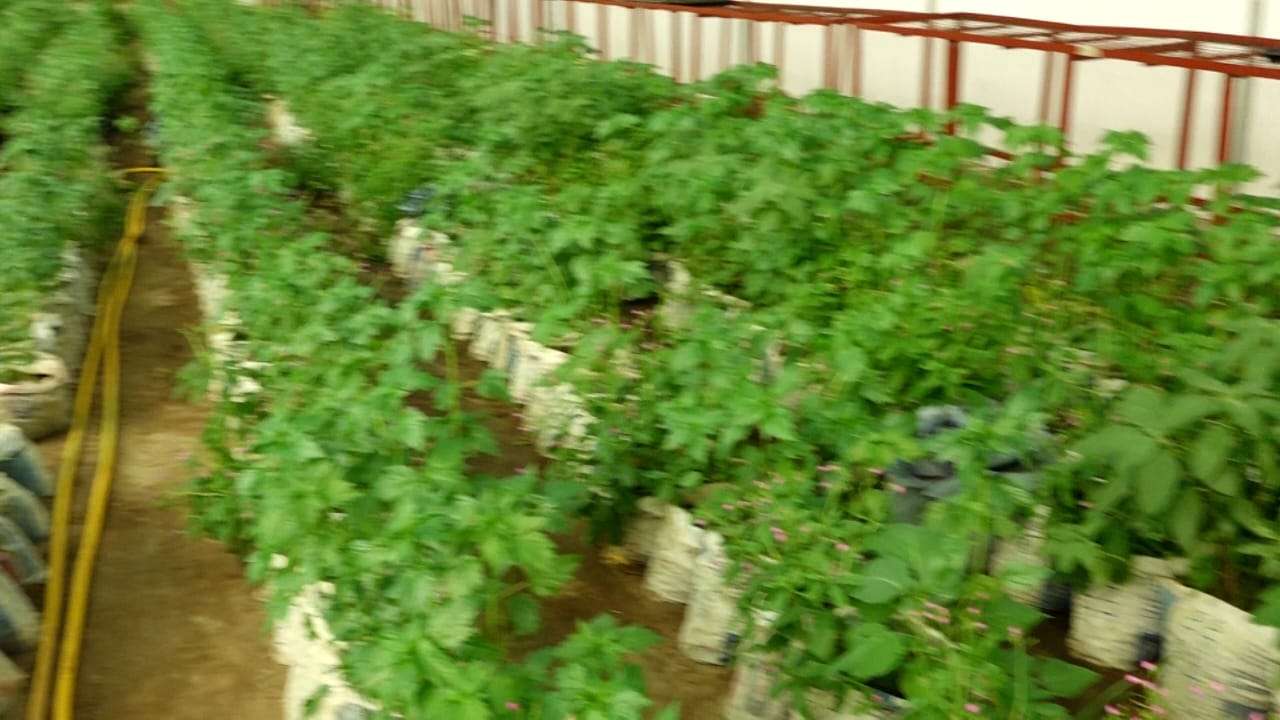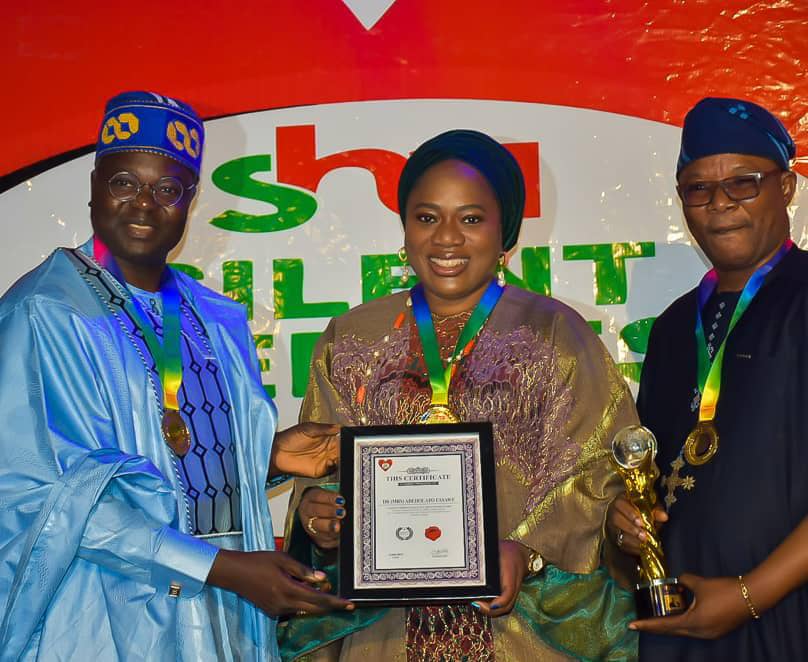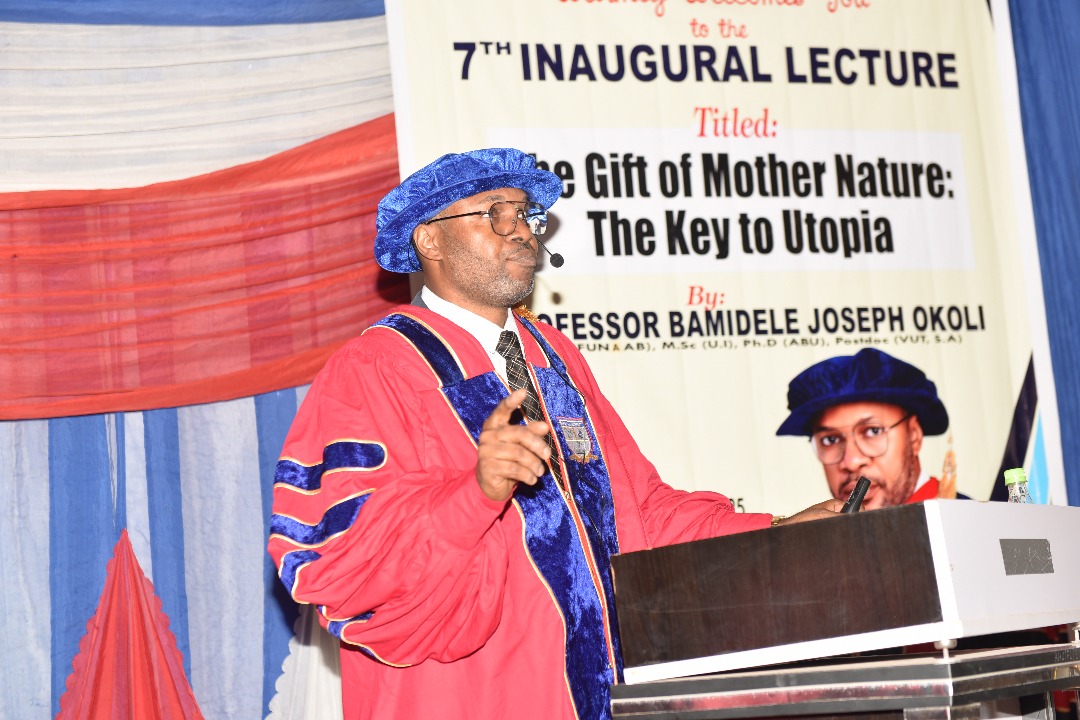Lawmakers call for end to foreign dependencies in health financing
By Vivian Ihechu
The Chairman of the House Committee on HIV, TB, and Malaria Control, Amobi Godwin-Ogah, says there is an urgent need for a shift from reliance on foreign donors to a more self-sufficient model.
According to him, Nigeria’s health financing landscape is at a critical juncture, hence the need for greater transparency and increased domestic funding especially to combat HIV, Tuberculosis (TB), and Malaria.
Ogah spoke at the opening of the Nigeria Country Coordinating Mechanism (CCM) 2025 Annual Retreat and 70th General Meeting in Lagos on Wednesday.
The meeting has the theme “Partnering to Improve Health Systems Outcomes (or national health outcomes) in an Evolving Global Health Financing Landscape’’.
The News Agency of Nigeria (NAN) reports that the CCM Nigeria is a Public-Private Partnership (PPP) responsible for coordinating the development of funding applications to the Global Fund.
Global Fund is a funding institution that supports the implementation of programmes targeting HIV/AIDS, Tuberculosis, Malaria (ATM), and Resilient and Sustainable Systems for Health (RSSH) in Nigeria.
In addition to mobilising resources, CCM Nigeria plays a crucial oversight role—working closely with stakeholders to ensure that Global Fund grants are utilised effectively, transparently, and for the maximum benefit of populations affected by these diseases.
Ogah emphasised the parliamentary involvement in understanding how international funds are utilised.
“This new collaborative effort between the legislature and CCM is borne as a result of the patriotic call by me and the members of the ATM Committee that Nigerians, whom we represent, must know how Global Fund resources are managed and disbursed.”
He insisted that recipients of these funds “must equally be made to account for every kobo received.”
The lawmaker expressed deep concern over the lack of transparency from some organisations managing these funds.
He recalled a past investigation where some of these organisations did not have verifiable addresses while the entire process was met with a brick wall as they all kept passing the bulk.
Ogah urged the CCM to “open up their processes to the parliament as many Nigerians view their operations and activities as that of a secret coven.”
He also stressed the urgent need for Nigeria to reduce its dependence on foreign aid, a call made more urgent by recent developments.
“Today little did we know that the U.S. Government would suspend their support to African health systems’’.
In spite of the challenges, Ogah expressed confidence in collaborative efforts, but maintained that domestic advocacy remains paramount.
“Collaboration is what we need.
“We need to know more so that we can also, as people’s representatives, advocate for more domestic funding because we can’t leave this in the hands of donors, partners or in the name of aid.
“We are a country, a sovereign nation, so we should be able to manage certain things by ourselves.”
He also expressed disappointment at the programme managers of Malaria and HIV in the country, saying little or nothing had been done to address glaring inadequacies.
Ogah lamented that malaria continues to ravage and impoverish the teeming populace and stressed the urgency for free malaria treatment at all primary healthcare centres.
In contrast, he commended the robust partnership with TB stakeholders, which has led to significant progress, including the advancement of a Bill on TB (Anti-Discrimination) Act, 2025.
Ogah stressed accountability, stating, “We are going to hold every organ or agency under our purview accountable.”
He also pushed for parliamentary representation on the CCM board to bridge the communication gaps.
Ayob Ipinmoye, First Vice-Chair of the Global Fund Country Coordinating Mechanism (CCM) for Nigeria, corroborated the funding challenge, revealing an 11 per cent reduction in Global Fund allocation.
“Global Fund has reduced the allocation to Nigeria by 11 per cent.”
According to him, the sum dropped from about $970 million to about $860 million.
“This creates a significant gap that we want the National Assembly to take on and appropriate funds to cover”.
Ipinmoye reinforced the call for Nigerian ownership of health financing.
“The Nigerian government should now take a stronger ownership of providing the resources for health in Nigeria,” he urged.
He noted the CCM, under Health Minister, Prof. Ali Pate, was implementing a “sector-wide approach” to coordinate funding for “maximum optimal benefit for every Naira spent.”
Dr Temitope Ilori, Director-General of the National Agency for the Control of AIDS (NACA), said that international support should be seen as an opportunity.
Ilori stressed the shift is crucial for Nigeria to own the national response and ensure appropriate budgetary allocation for the HIV response.
She also mentioned that the focus also included local production of health commodities to make them affordable to many and enrolling people living with HIV onto the National Health Insurance Scheme to reduce the out-of-pocket expenses. (NAN) (www.nannews.ng)
Edited by Oluwafunke Ishola















